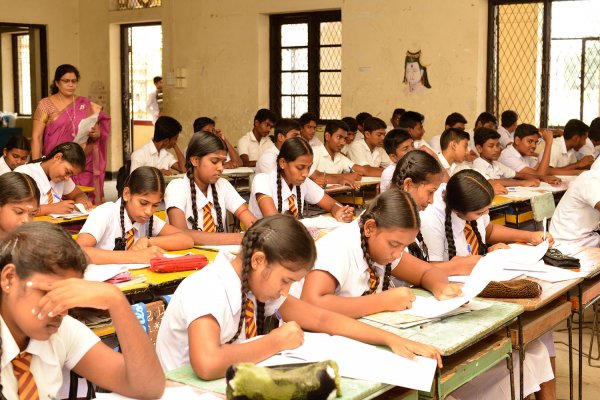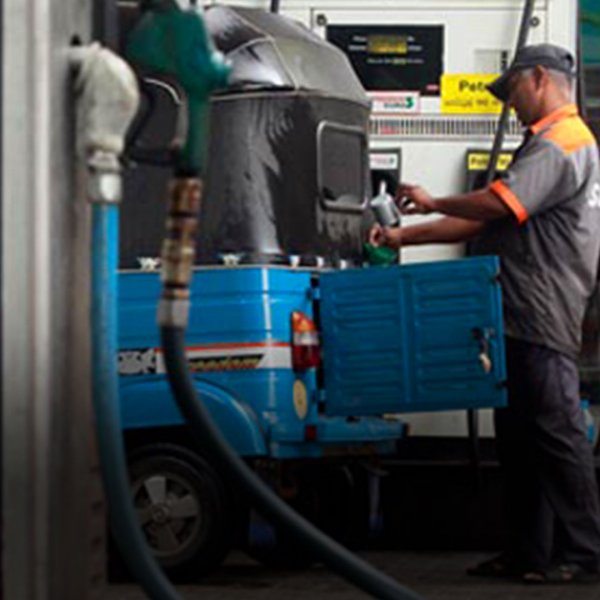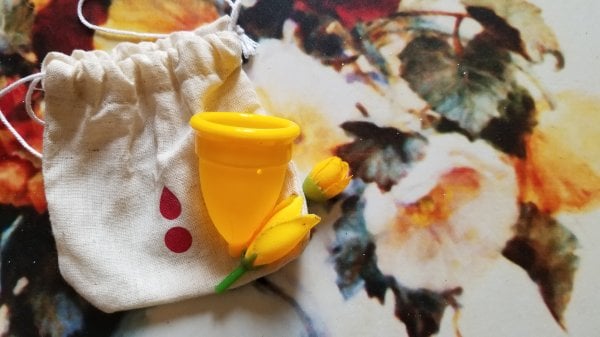
As dusk settles over the Galle Face Green, the usual sprawl of street vendors is glaringly absent. All the stalls lining the edge of the Green remain closed, and nobody is around to notice. No kids playing with plastic glow-in-the-dark toys, no couples strolling along the walkway by the sea, and not a single kite in the sky.

Photo Credits: Roar Media / Nazly Ahmed
It has been over a month since the Easter Sunday bombings, and the tumultuous aftermath of the attacks has kept people away from public places, especially the areas surrounding Galle Face Green, where some of the explosions took place in luxury hotels. For the small time vendors located along the periphery of the square, this has meant closing up shop indefinitely, until people start showing up again.
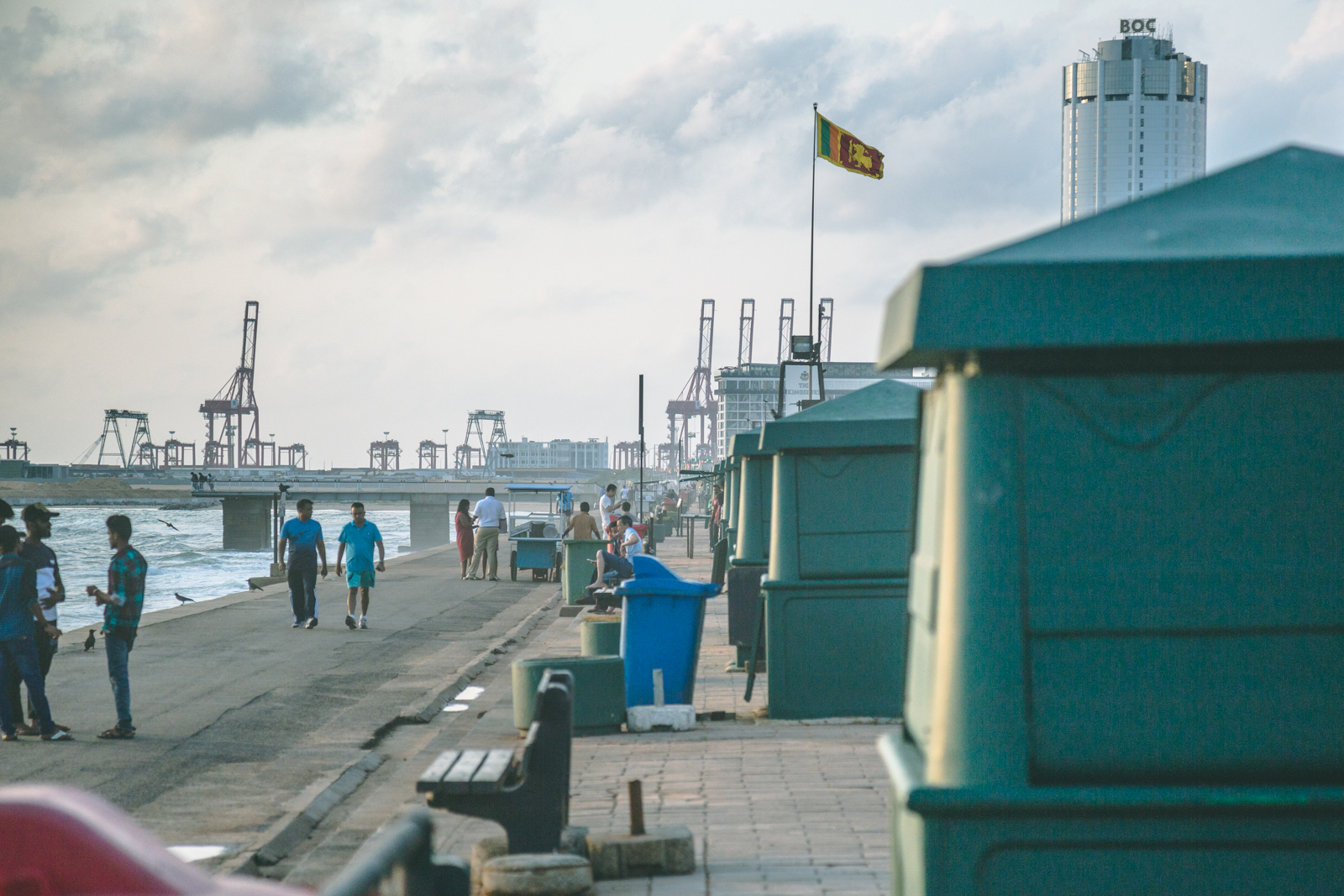
Photo Credits: Roar Media / Nazly Ahmed
Further down the road, past the luxury hotels and commercial buildings, other neighbourhoods are also suffering from an economic drought.
Pettah

Photo Credits: Roar Media / Nazly Ahmed
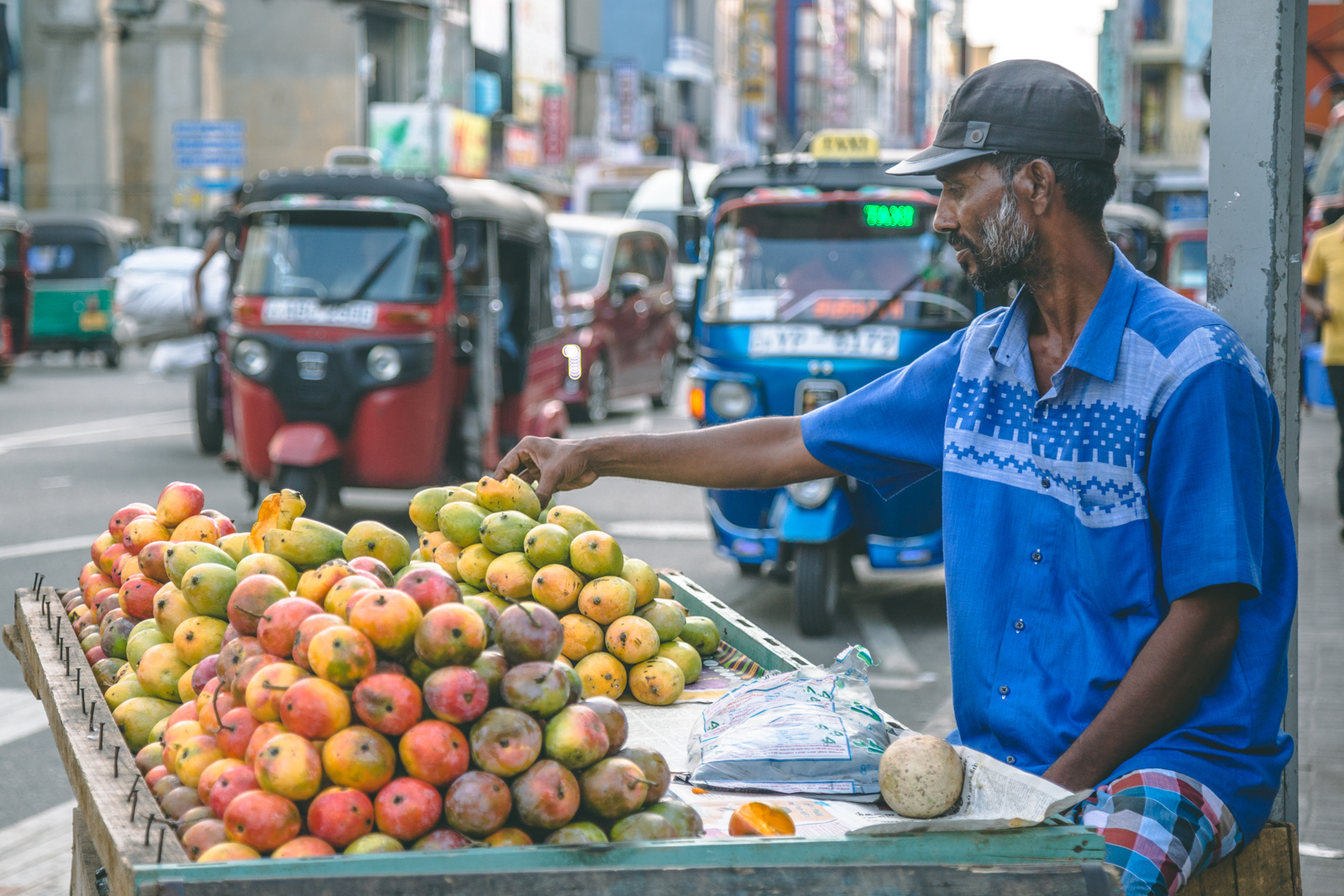
Photo Credits: Roar Media / Nazly Ahmed
Naleem has been selling fruits here in Pettah for the past 42 years. During this time, he has never seen the streets so empty.
“This is Allah showing his anger towards us,” he said. “For a while, the Sri Lankan Muslim community has been divided into groups, and we have different opinions on a lot of things. It didn’t matter much for other communities when we were just minding our own business, but after the attacks, all the attention has turned towards us. People used to call us ‘Nana’ (big brother) and Hajiaar (an honorific) and we were all very respected. Due to the actions of a few, all the respect we earned, is lost.”
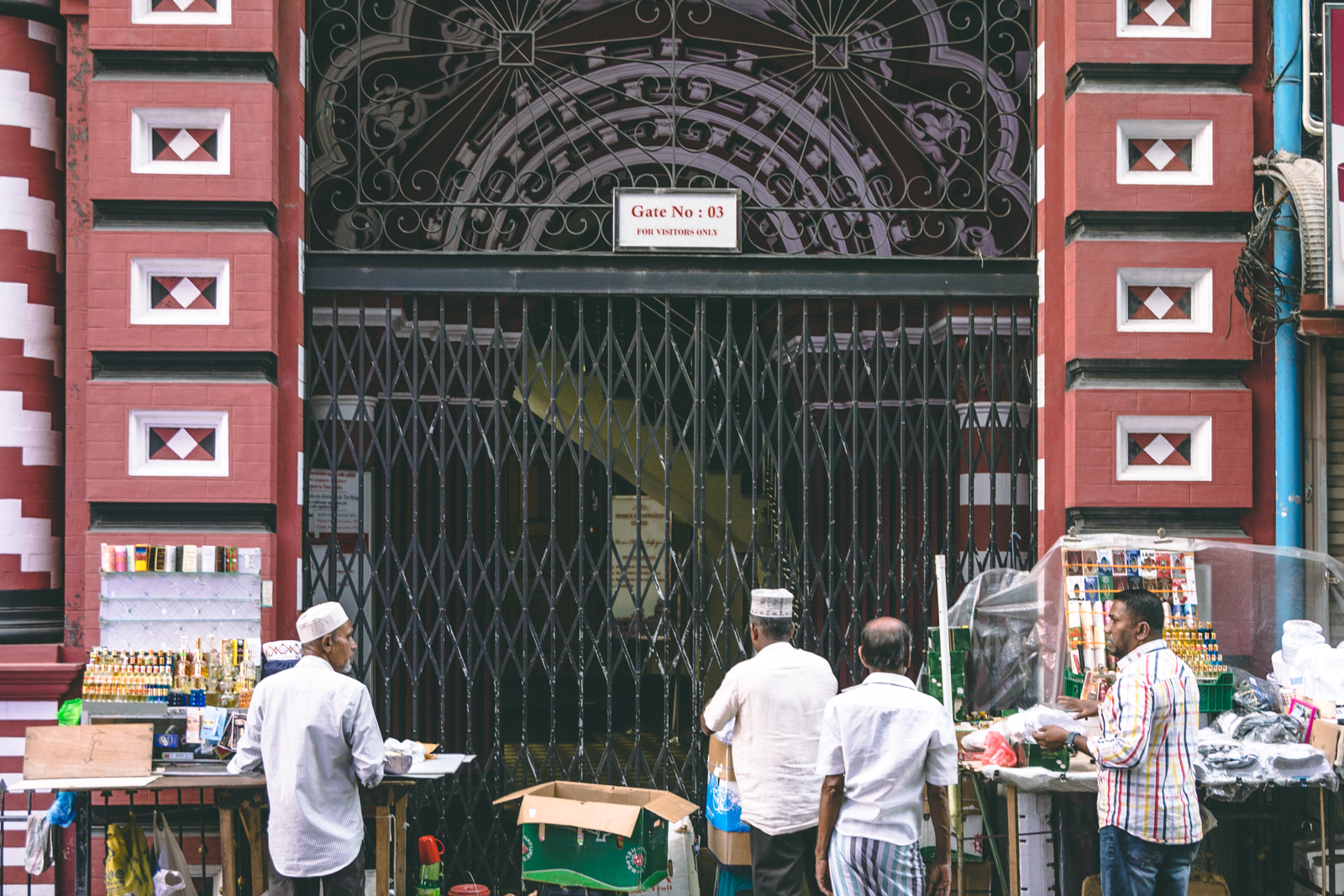
Photo Credits: Roar Media / Nazly Ahmed
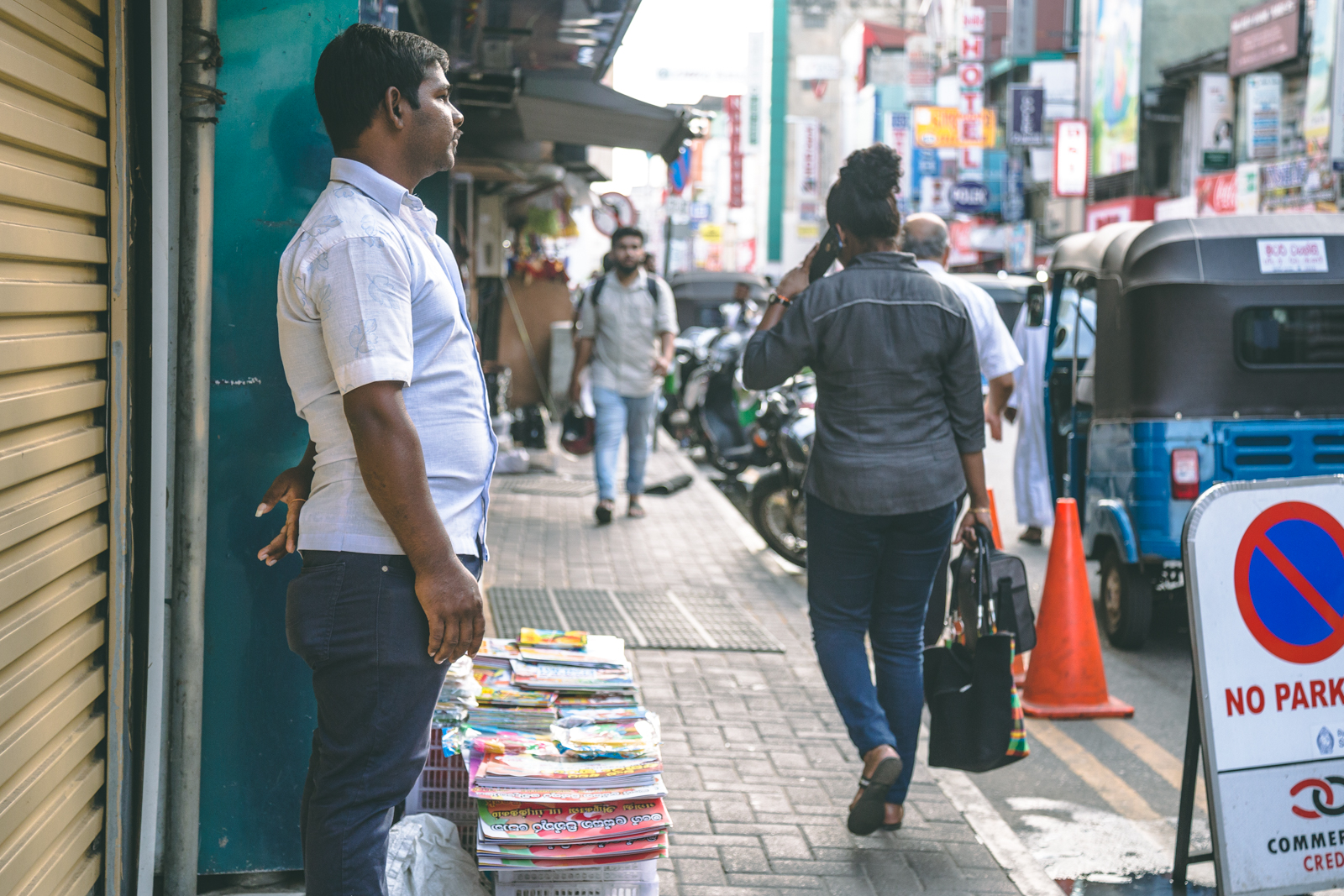
Photo Credits: Roar Media / Nazly Ahmed
Jayakanesan earns his living by selling children’s books in a makeshift stall on the side of the road. Like many others, he moved to Colombo to earn money for his family living in Maskeliya. Since the bombings, his daily earnings have dropped significantly, so much so that he has barely managed to feed himself over the past few days.
“Due to the current situation, people in Colombo aren’t doing much shopping. Sometimes I don’t earn anything the whole day.”
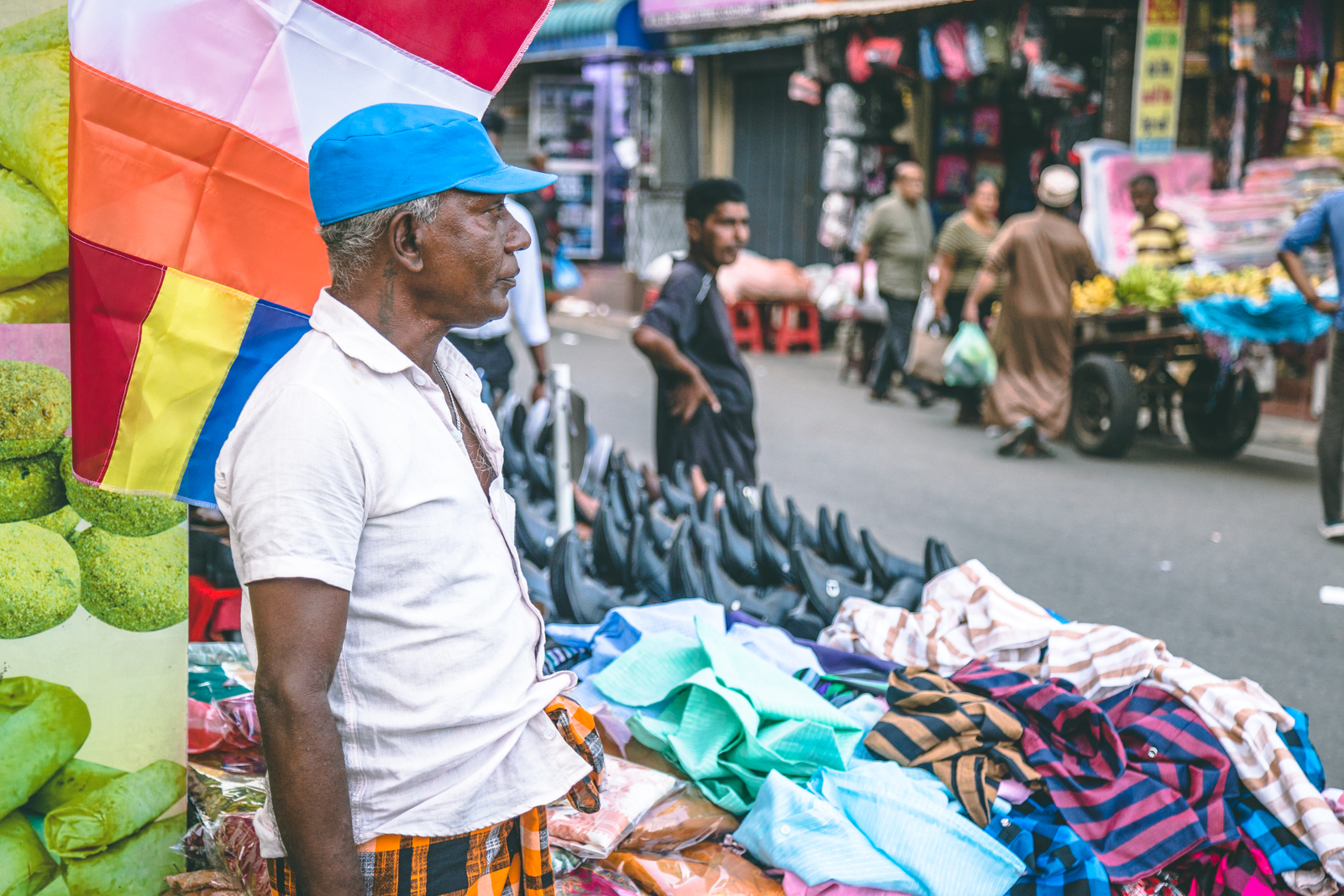
Photo Credits: Roar Media / Nazly Ahmed
Since the Easter Bombings, all the fixed stalls in Pettah area have been removed by police. For Kamal, this means setting up a temporary stall daily in order to earn his living.
“After speaking with the authorities they allowed us to setup temporary stalls with clear visibility of what’s under. But we have to clear everything at the end of the day and cannot leave anything behind.”
Kochchikade
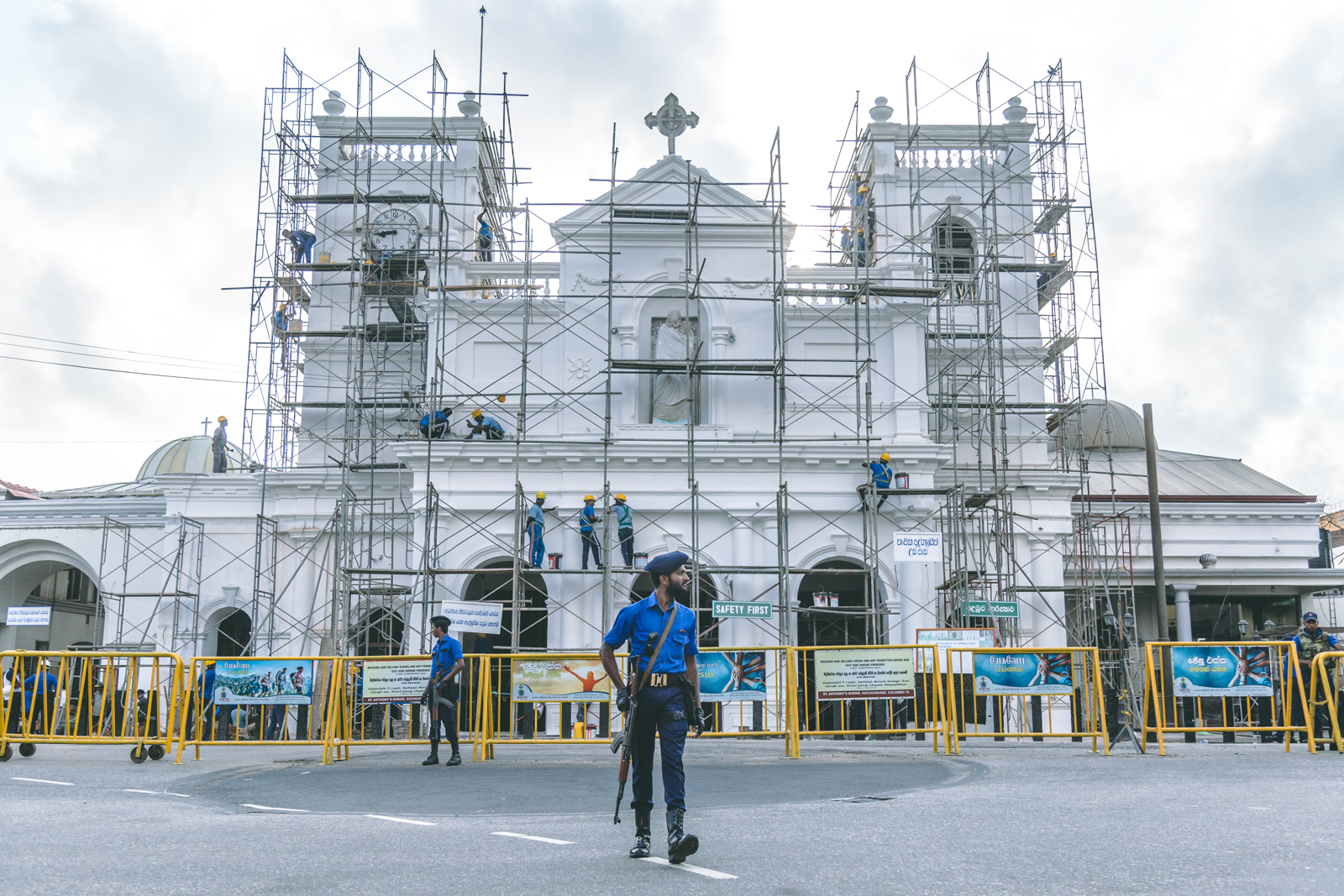
Photo Credits: Roar Media / Nazly Ahmed
Opposite the St. Anthony’s church in Kochchikade stand several shops selling various religious articles. Vendors selling garlands for kovil offerings are positioned right in front of shops showcasing marble statues of Christ in pristine glass casings.
For people in the community, the church was a landmark that was frequented by people from all faiths and walks of life. In Kochchikade, the attack on the church was seen as an attack on the entire neighbourhood, and has driven Christians, Hindus, Muslims and Buddhists away from their respective places of worship. This has left the shops opposite the church virtually out of business.
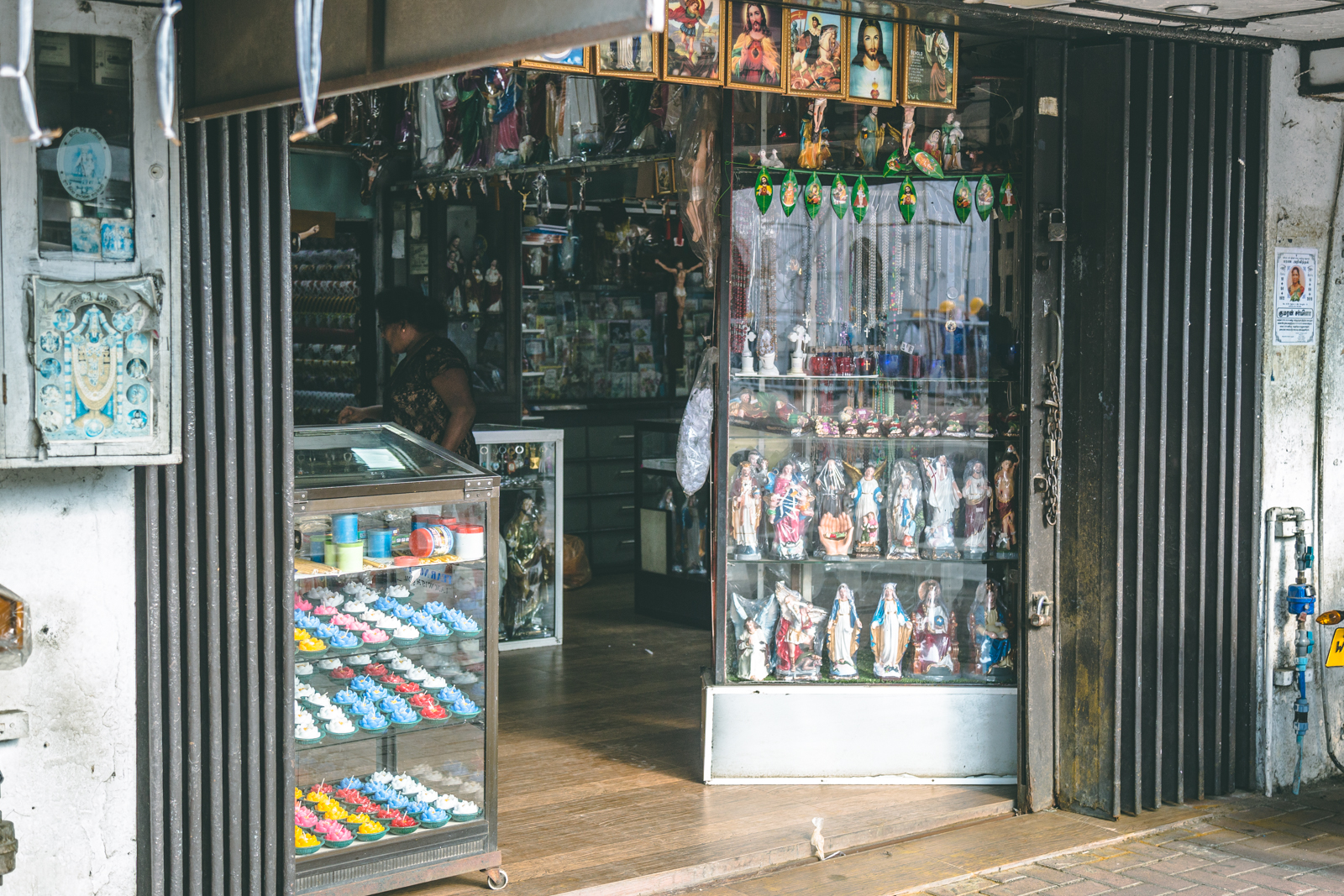
Photo Credits: Roar Media / Nazly Ahmed
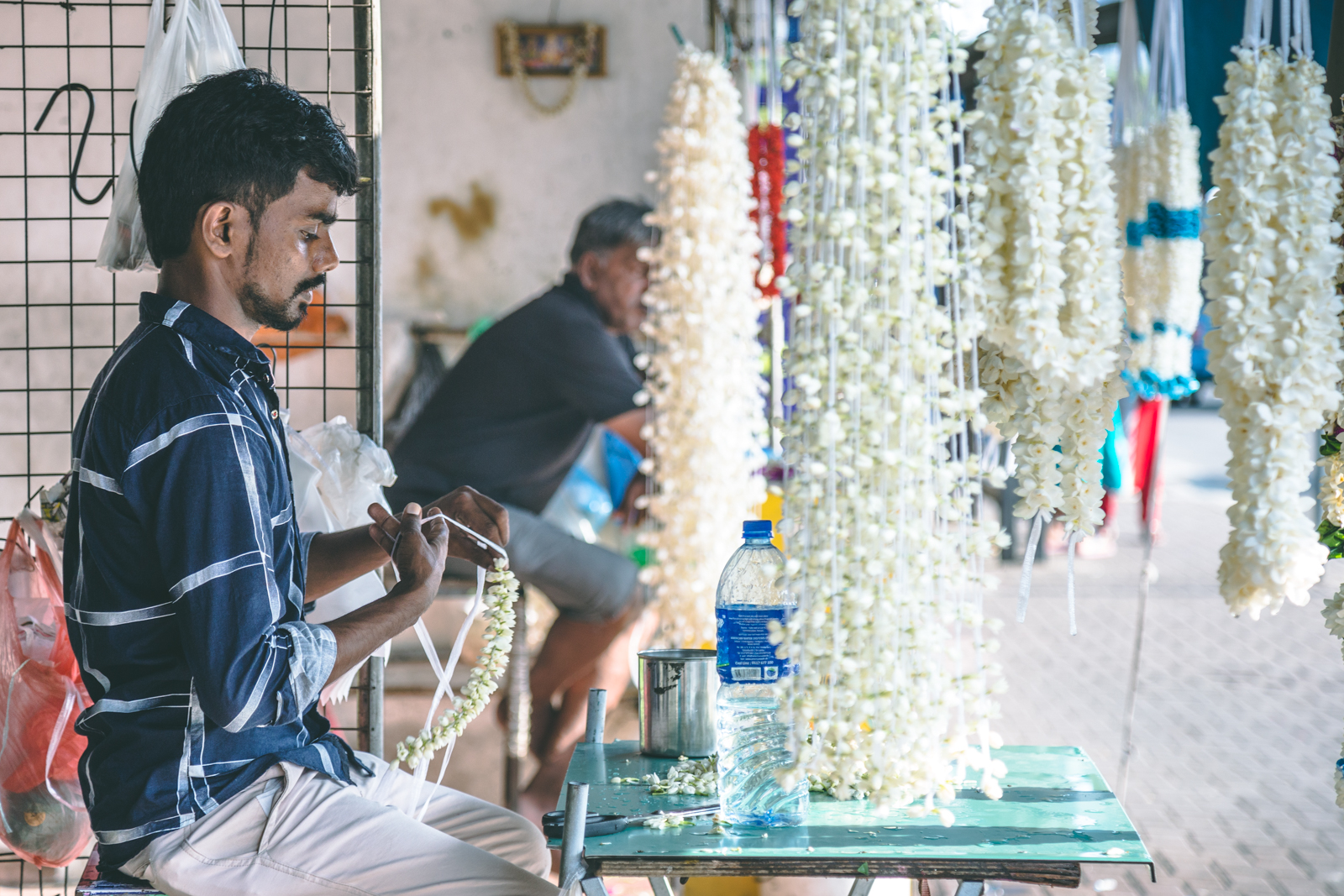
Photo Credits: Roar Media / Nazly Ahmed
Deepan Ramakrishnan sells garlands for offerings at the local kovil, although many people buy his garlands to take to church as well.
“Since the bombings, nobody even wants to go to kovil anymore. Everybody is afraid. There are so many of us selling flowers on this road. Before, that was not a problem since there were always so many people around. But now, everything is empty. It was getting a little better last week, but again two weeks ago there were riots, and people stopped coming.”
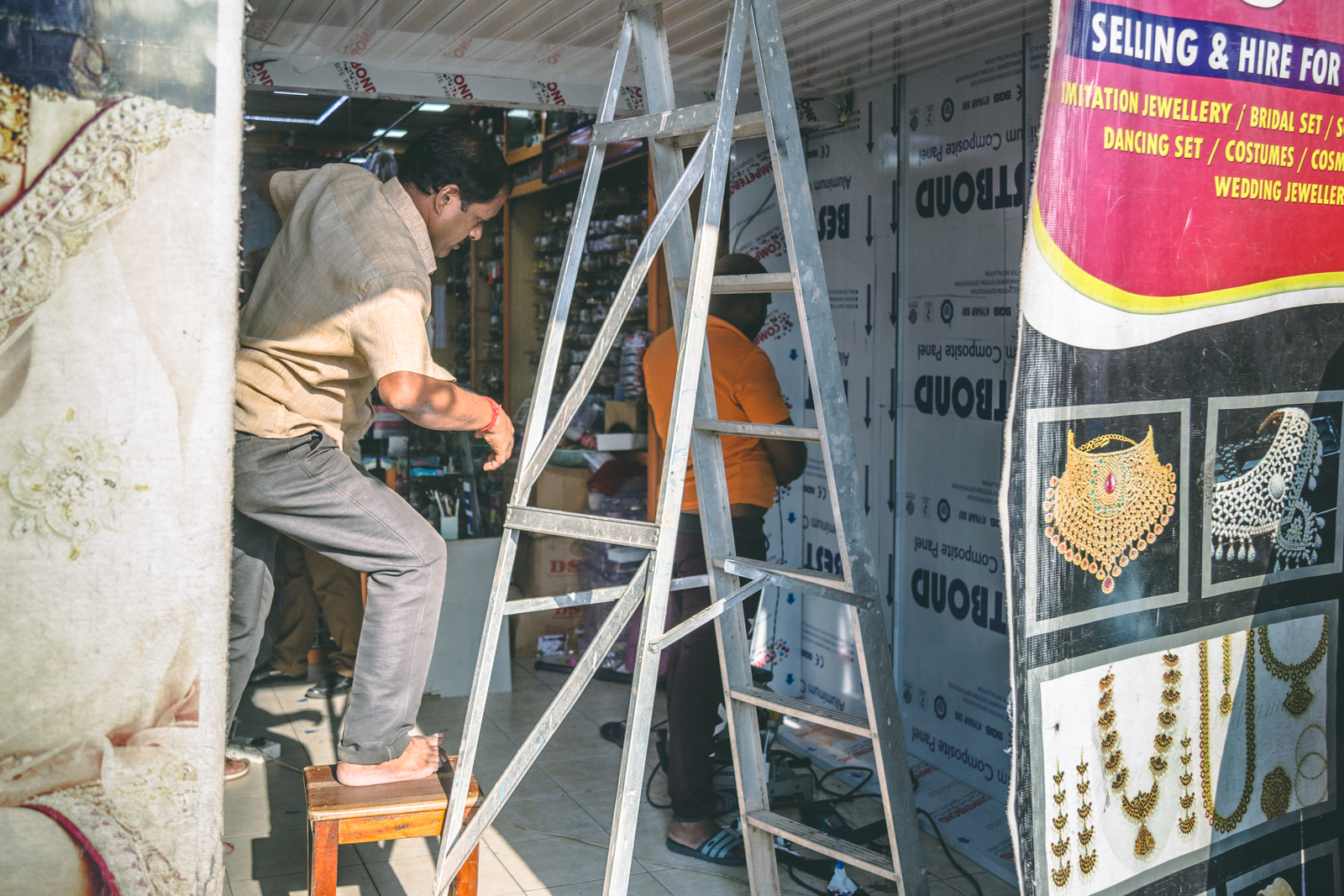
Photo Credits: Roar Media / Nazly Ahmed
D. Maheshwaran’s jewellery shop is located a little further down the road, directly opposite the site where the controlled explosion of the van took place. The noise from the explosion caused the windows of Maheshwaran’s shop to shatter, further damaging the shop’s interior.
“When this happened, I put in an insurance claim to rebuild my shop. But still, I have had no response from them. I couldn’t just wait here for weeks with broken glass all over so I paid for the repairs myself. If the insurance claim does not get approved, I don’t know if I can recover the money, with business being so low.”
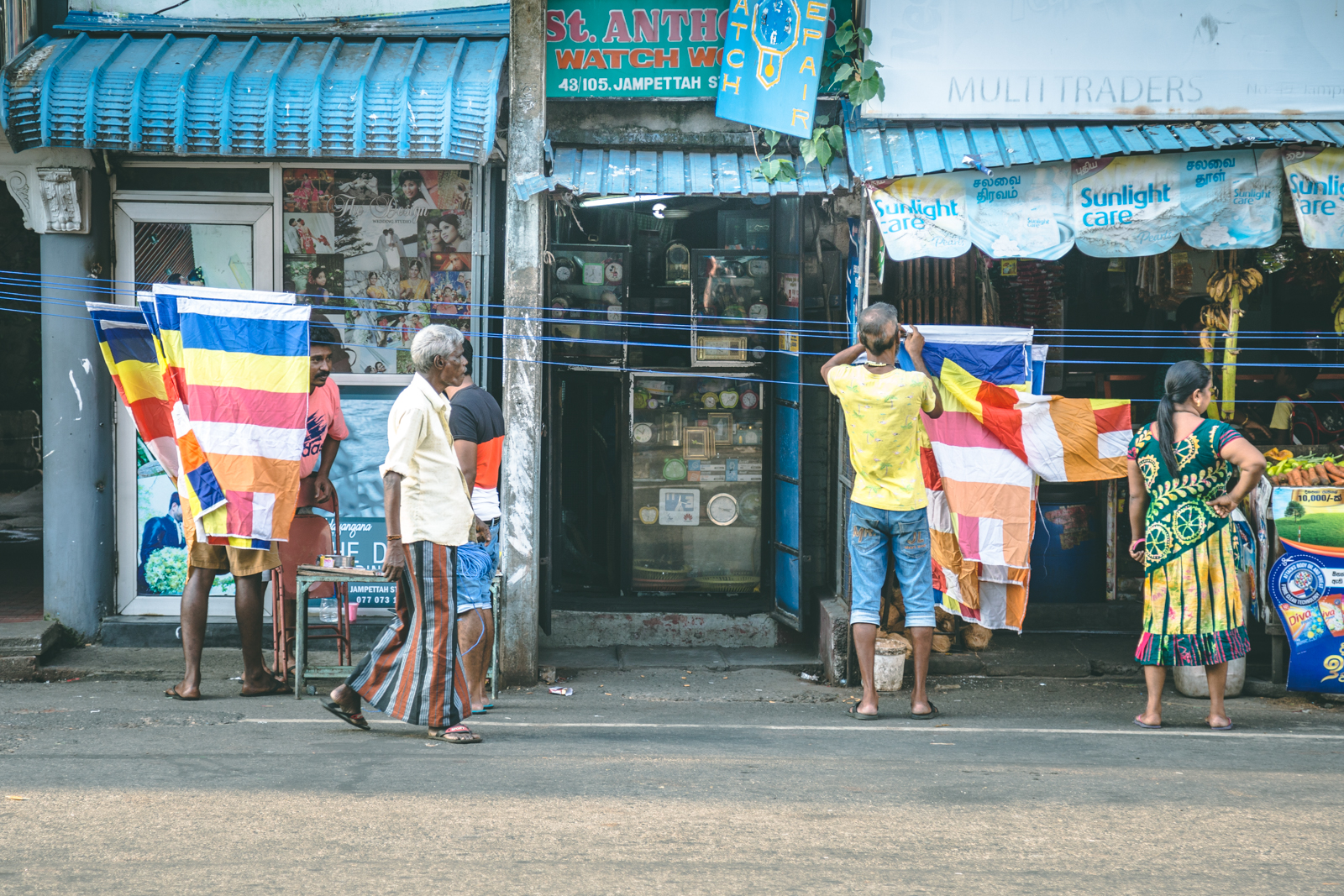
Photo Credits: Roar Media / Nazly Ahmed
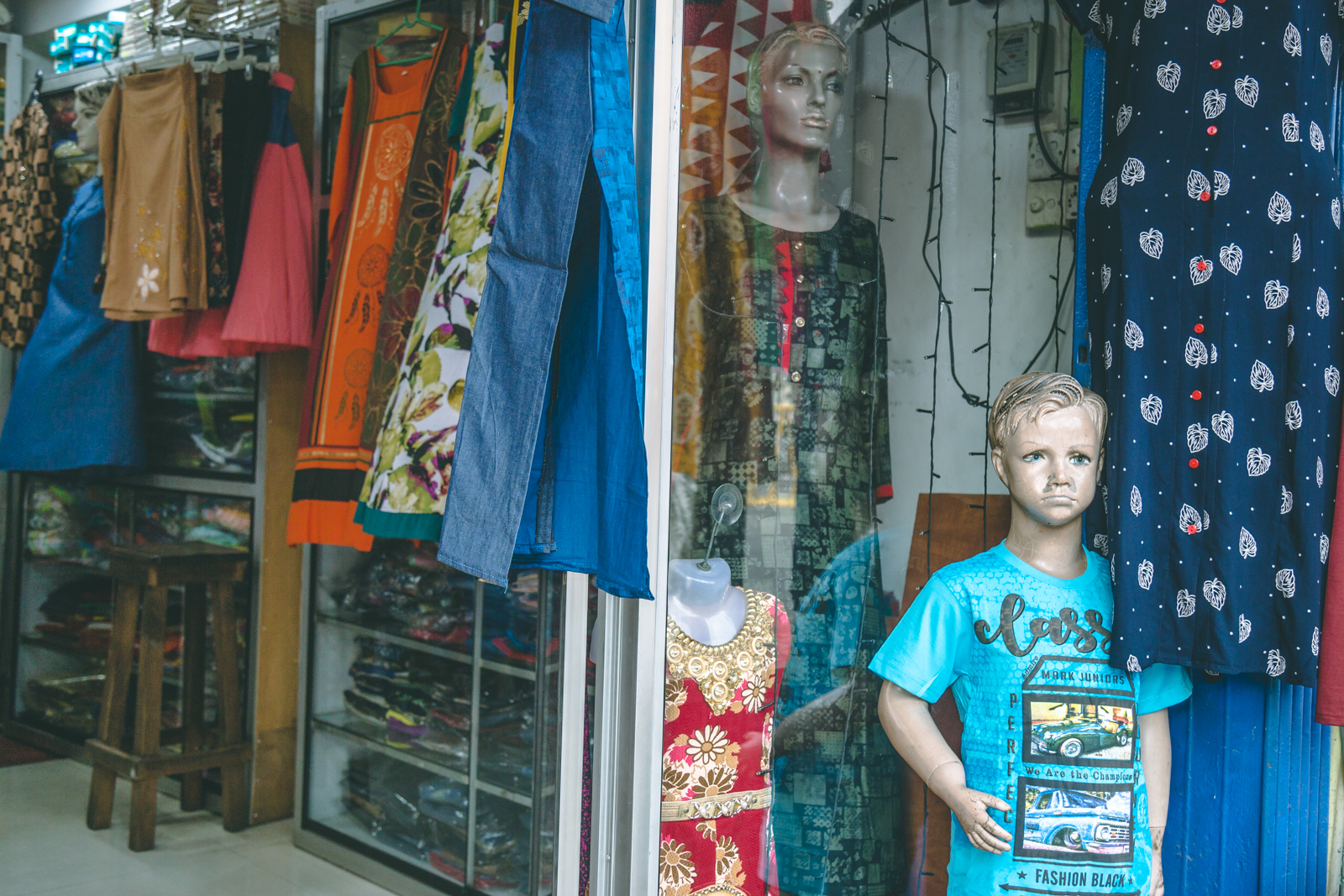
Photo Credits: Roar Media / Nazly Ahmed
Mrs. Manik opened up her shop on May 3, much sooner than many others in the area. Despite this head start, she is in the same boat as everyone else, and has barely made any sales since reopening. She predicts that if things continue like this, she will have to close down in three months.
“If things don’t pick up, I don’t know what we will do. This is the only thing we know, it is all we have.”

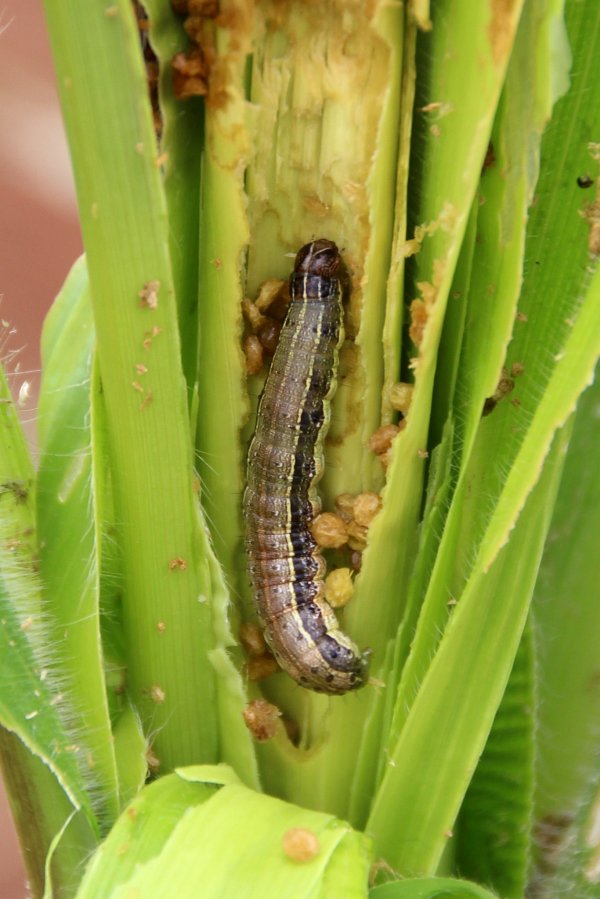
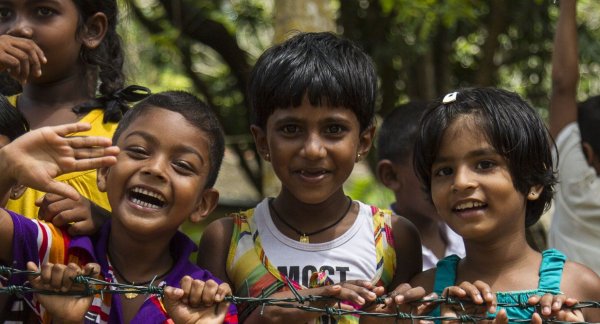
.jpg?w=600)
